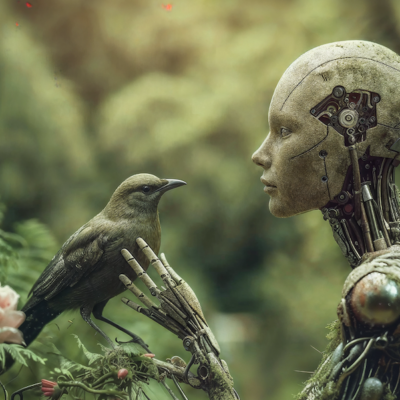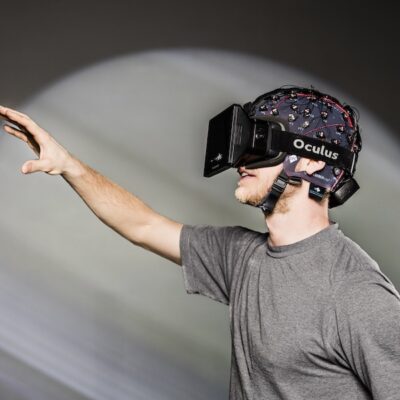The smart approach to IoT
Microsoft’s Sam Denton-Giles says the Internet of Things has the power to do more than allow us to speak to our toasters. Here are the key things Kiwis and businesses […]
Microsoft’s Sam Denton-Giles says the Internet of Things has the power to do more than allow us to speak to our toasters.
Here are the key things Kiwis and businesses should know when it comes to IoT:
How is IoT going to improve our lives?
Right now everyone’s making predictions about the future of the Internet of Things, from smart fridges to automatic key finders. While the gadgets enabled by IoT definitely have the ability to make everyday tasks easier, the real life-changer is going to be data.
Data may not have the same gimmick appeal, but the Internet of Things is all about using data to change the way we work and live. With IoT we can aggregate large amounts of data that haven’t been available before. Or more likely, we’ve not been able to understand it. With the power of data analytics and the public cloud we’re able to collect and wrangle this data to draw compelling insights from the world around us that can help improve our lives.
For instance, through smart sensors feeding back we’re now able to predict when a train is likely to break down, reducing delays on mass transit networks. In the workplace a smart building can learn how to control light, temperature and lift systems to optimize both energy and the availability of resources in an office space.
Should people be afraid of IoT?
IoT and Artificial Intelligence are extremely topical, and for good reason. While many have an understanding of these these technologies, some may feel we’re recreating human consciousness, or at least parts of it, and that this is potentially a bad idea.
In truth we’re replicating some parts of human ability – vision, speech, learning – to enhance the way the technology around us is able to deal with complex problems. The day when we’re able to fully recreate a human mind in a machine is not quite here yet, although the security of software technology we deploy is still of utmost concern to developers.
What should Kiwi businesses consider when it comes to IoT?
Start with a business-centric outcome in mind and work backwards from there. We see hundreds of IoT deployments become mere science projects in the IT department because there is a fundamental lack of alignment with business or customer objectives.
IoT is not about the technology but more about what your business is expecting to achieve as a result of implementing it. In many cases the architecture is relatively simple, but when very well aligned to a business outcome the impact can be significant. Start with this in mind and your project will more than likely be a success. Think of the train from my previous example. If your core business is getting people from A to B quickly, focusing your efforts on sensors that monitor the stress and performance of the train’s mechanics is of greater use than developing smart coffee dispensers that can deliver your favourite brew to your seat (however tempting that is).
What is the most exciting thing about IoT?
IoT is most exciting for the impact it can have in areas of society that don’t usually intersect with technology. For instance, in agriculture. Even small efficiencies in water consumption, pesticide distribution and fertilisation consumption can have enormous impacts on the yield of the crop, the consumption of valuable resources or the lessening the damage to the environment. We’re seeing huge strides here and the impact for future generations is enormous – this is what technology should be used for!
Sam Denton-Giles is IoT and Advanced Analytics lead at Microsoft.






